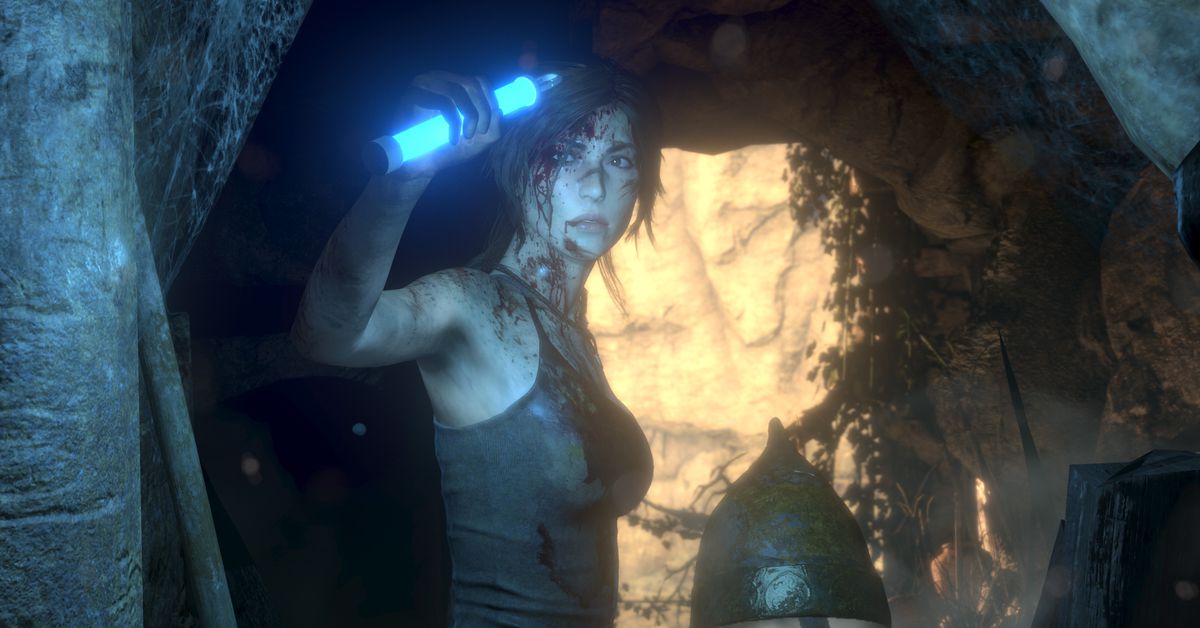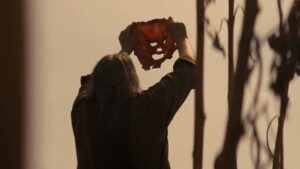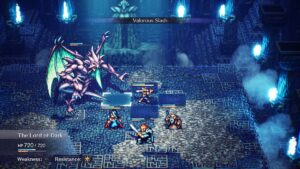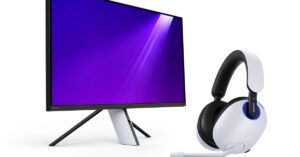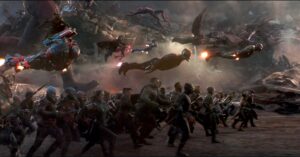Square Enix executives, in their first quarterly earnings call since selling the Tomb Raider and Deus Ex franchises and the studios making them, explained that decision to investors on Friday.
The publisher’s reasoning, according to analyst David Gibson, is that its Western studios and their products might have been cannibalizing sales from the rest of the group, so selling them off “could improve capital efficiency” — basically, making more money relative to what the company spends to make more money.
Square Enix offloaded Eidos, Crystal Dynamics, and the IPs they owned to Embracer Group at the beginning of May. The two studios are the latest big-name acquisition for the Sweden-based publishing conglomerate, which already owns Gearbox Software, Saber Interactive, Plaion (formerly Koch Media), and Deep Silver, as well as comic book publisher Dark Horse and tabletop game maker Asmodee.
The sell-off followed a long stretch where Square Enix’s Western operations would publish a AAA game and headquarters would poor-mouth its sales performance in the next call with investors. Marvel’s Guardians of the Galaxy, a critical success developed by Eidos, “undershot our initial expectations,” Square Enix’s Yosuke Matsuda said in February.
Before that, Eidos’ Marvel’s Avengers was “disappointing,” the company said in its 2021 annual report; in a 2019 quarterly call, Matsuda said Shadow of the Tomb Raider “got off to a weak start” after selling 4.12 million units in the preceding four months. Matsuda also blamed Shadow of the Tomb Raider and Just Cause 4 (developed by non-Square Enix studio Avalanche) for a “disappointing quarter.”
In early 2017, apparently Deus Ex: Mankind Divided’s sales weren’t enough to save that franchise from hiatus, despite favorable reviews and positive community response. And though it does not own the studio that made their second stab at a live-service game, 2021’s Outriders, Square Enix nonetheless told People Can Fly one year ago not to expect any royalty payments, and the studio confirmed it wasn’t profitable for 2021 despite selling between 2 and 3 million units.
Square Enix told investors that, following the $300 million sale of Crystal Dynamics and Eidos, the company will have $1.4 billion cash on hand and no debt. Gibson, the analyst, said the studio sale is “phase one” of a plan to get back on track; “phase two”will “fund expanded game investment” without having to sell studios or stakes in them to competitors.
Square Enix’s latest quarterly report, published Friday, said sales and operating income were down 16 and 17 percent relative to the same quarter last year, and while sales of its HD games category continued to slide, its MMO unit rose thanks to increased “paying subscriber numbers” for Final Fantasy 14, year-over-year.
